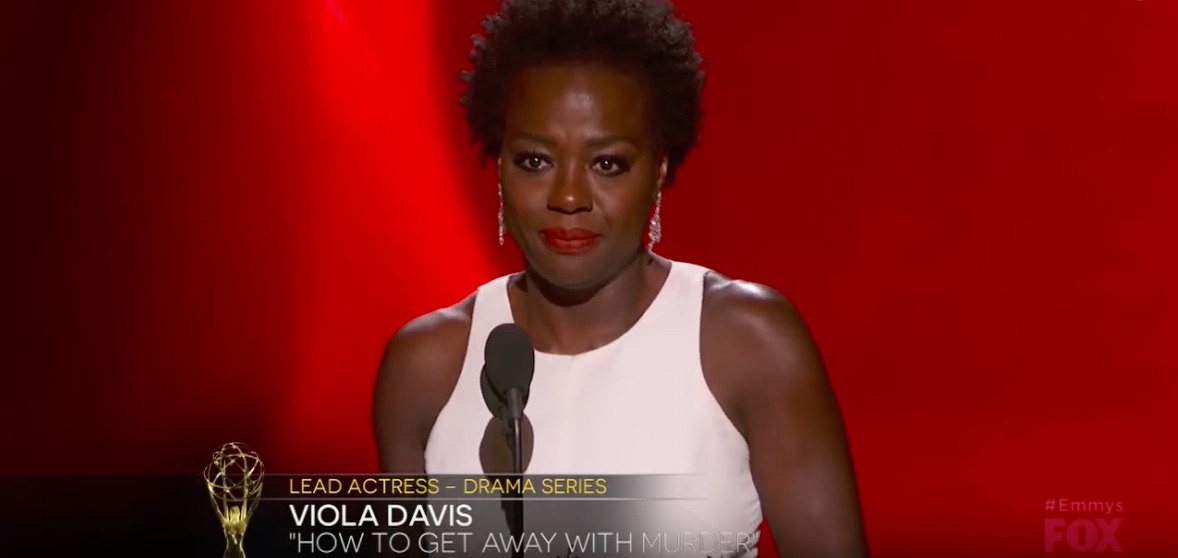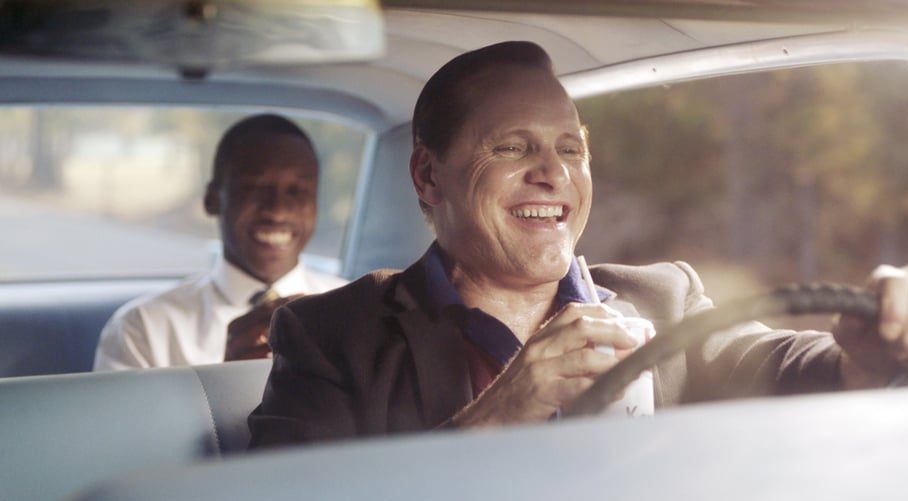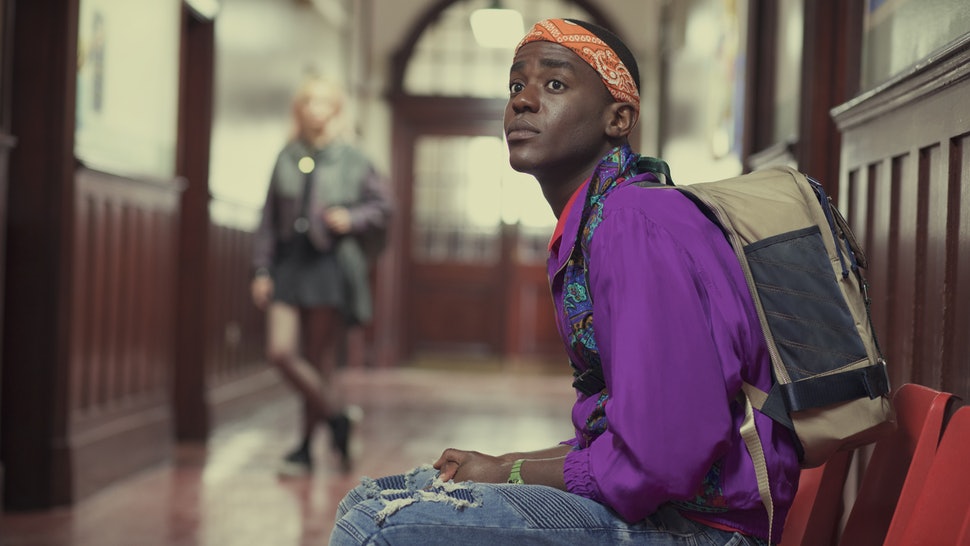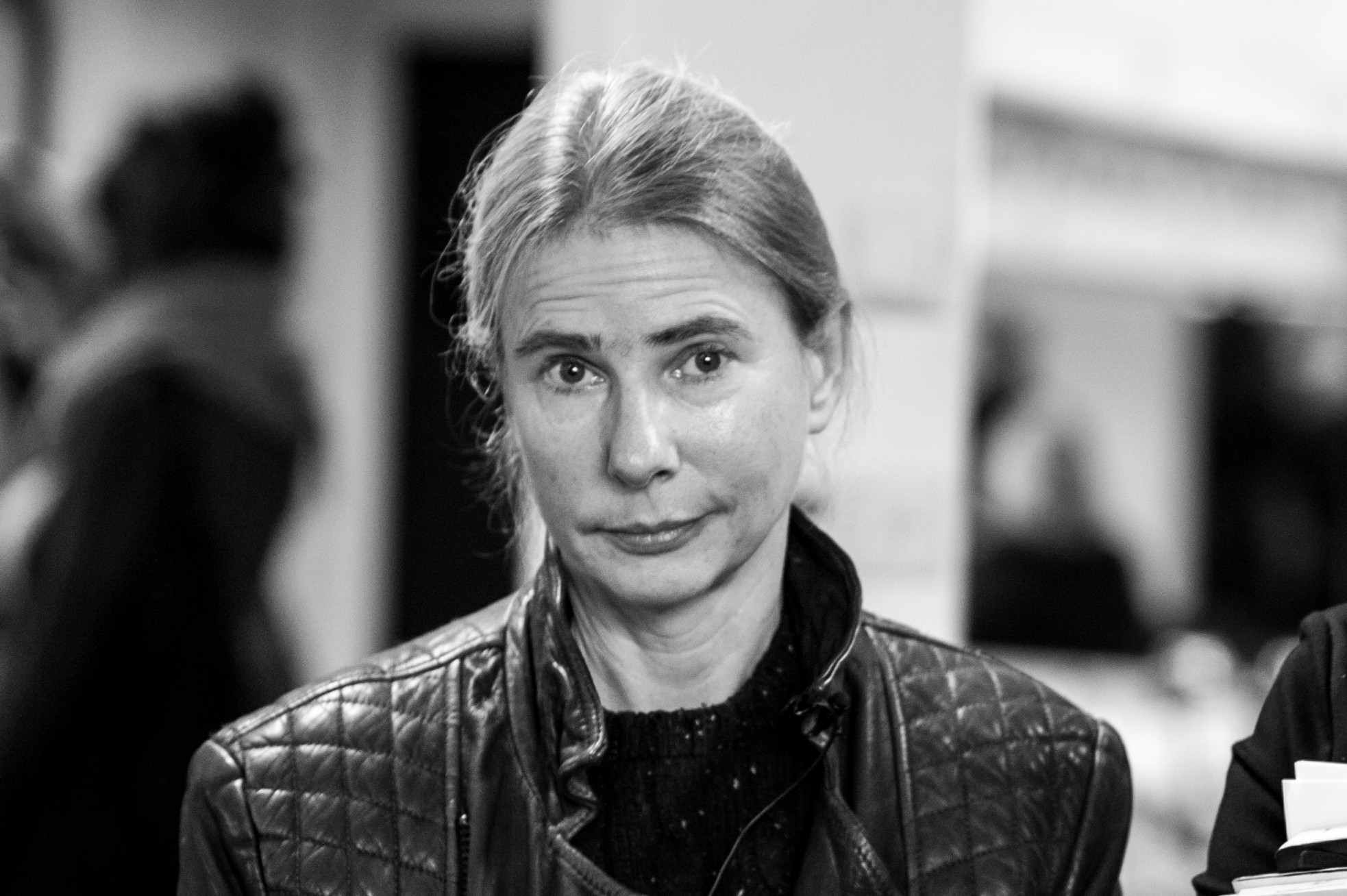
I’m someone who isn’t exactly ‘on brand’ when it comes to watching television shows; I belong to a rare, dying species of humans who have yet to watch Game of Thrones. However, during the Christmas holiday, a customary time for revision among most students, I decided to see what all the fuss was about with the television series How to Get Away with Murder.
Winning an Emmy Award for her performance, 50-year-old Viola Davis plays the focal character Annalise Keating; a no-nonsense, career driven lawyer and university professor. But Viola Davis and I, well, we go way back.
In 2008, Viola Davis was utterly stunning with her breakthrough performance in the film Doubt. Appearing in only one scene, with a total on-screen time of approximately 10 minutes, she blew me and many viewers away with her tender performance as a morally-ambiguous, hard-working mother trying to protect the happiness of her son. It was an acting master class from which she rightly garnered an Oscar nomination.
Naturally, there was no doubt in my mind that How to Get Away with Murder would be a dazzling hit with Viola Davis’ proven acting credentials. Finally, she has the opportunity to play a leading character unlike her former performances where she was consistently cast as supporting roles, a fate that black women in Hollywood are too often met with.
The thing is, Viola Davis as Annalise Keating is revolutionary television. As an older actress driving the series, a rarity in itself, we cannot overlook the complexity of her identity as an older, black actress. In a time where there is increasing representation of black women on TV shows with actresses Kerry Washington and Gabrielle Union leading the shows Scandal and Being Mary Jane respectively; these are still all American-created productions and black women are grossly underrepresented in film. To add sprinkles to this nuanced yet overtly political pudding, Viola Davis is a dark-skinned black woman, a sheer novelty for television.
I was overwhelmed with how unique it was to see her shine episode after episode, fearful in the back of my mind she’ll fizzle away because I’m unaccustomed to seeing a character like her on television. As a dark-skinned black woman, I’m forever looking for characters that look like me; it would seem I don’t exist according to the media of today and essentially television history.
The refreshing presence of Davis on How to Get Away with Murder was magnetic. Her portrayal of Annalise Keating is a reminder to the world that women like myself do exist and more importantly our experiences should be told. Annalise Keating is the birth and life to our non-existing identity on television. For me, this is an explicit, tender message from producer Shonda Rhimes and Viola Davis. However, it’s easy for other viewers to never really notice the complexity and revolution behind such a character on television.
Viola Davis weaves the colourful threads of what it means to be a dark-skinned black woman into her performance by consistently reaffirming, deconstructing and subverting our popular stereotype. Annalise Keating is intelligent, successful, and oozes self-confidence. Her character is also sensitive, vulnerable, and bruised with low-esteem about her virtue and self-image. She’s a love interest to several characters, queer, and sexually desirable. She’s angry and ruthless, caring and thoughtful. Throughout the show, the dimensionality of being a dark-skinned black woman is consistently challenged and explored.
Why has it taken this long for a television show to have a main dark-skinned, older female character? I’ve really mulled over this tough question, taking into consideration how critically acclaimed and popular the show is. Perhaps the innovative portrayal of Annalise Keating, her character unique and unexplored on TV before, lures audiences in. It remains a mystery to me. Nonetheless, I’m excited and really hope this never ends. The latter statement is a rather unrealistic preference, however there’s one thing I’m certain of; Viola Davis and producer Shonda Rhimes have inspired the future emergence of dark-skinned black women as central characters on television and film in the future.









